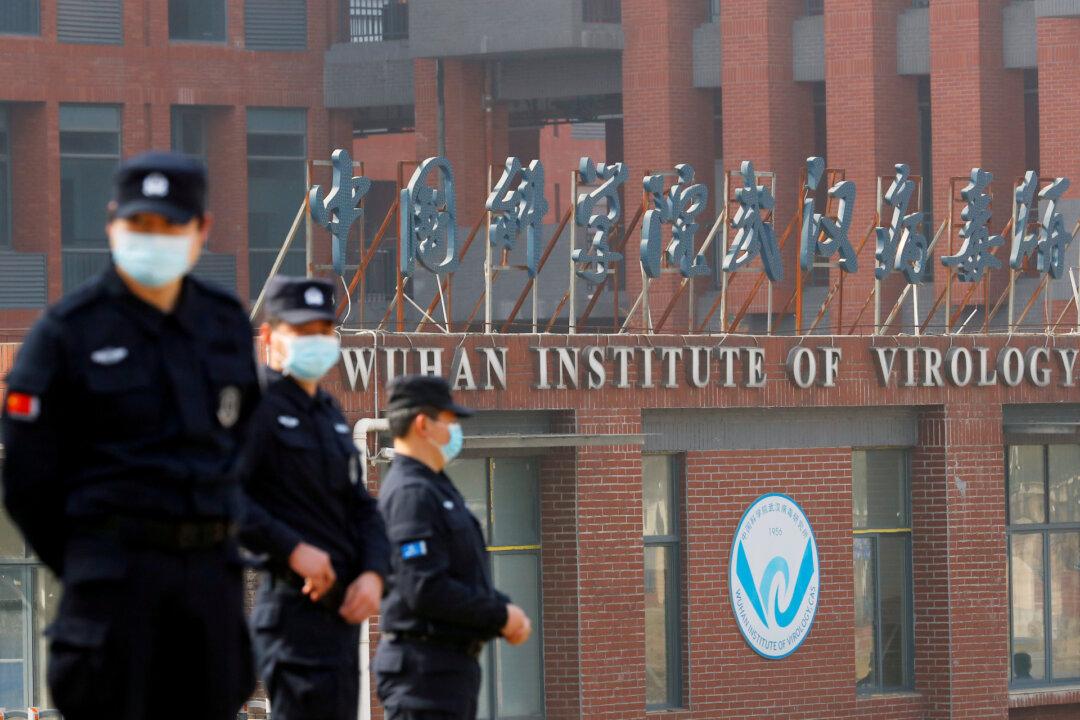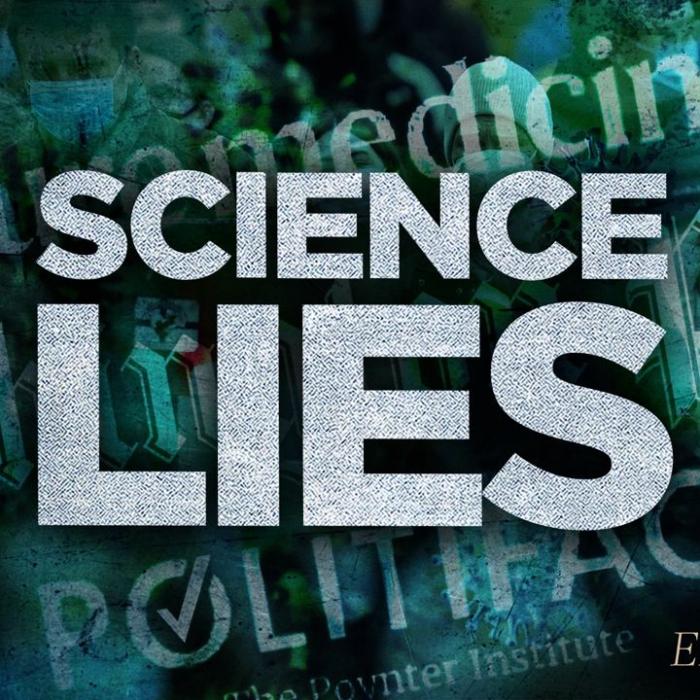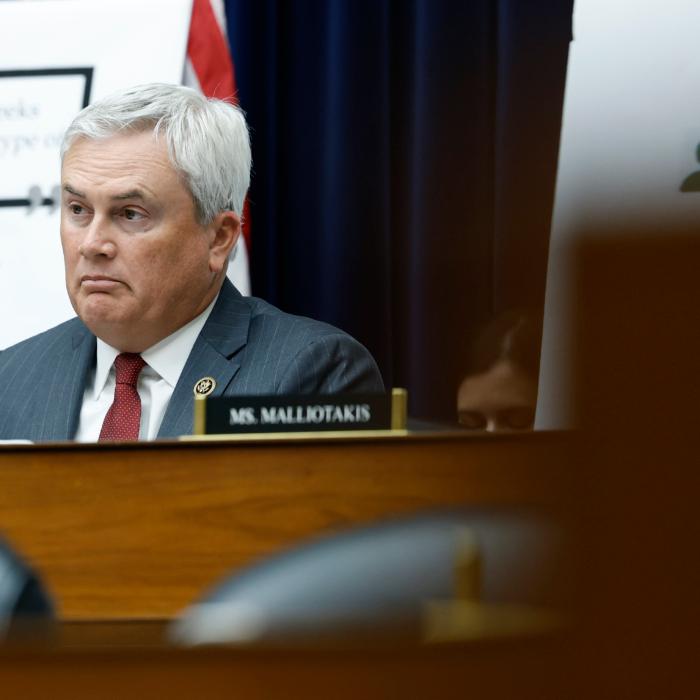Edinburgh University has been accused of blocking access to emails that would reveal the involvement of one of its professors in promoting a widely cited controversial paper that denied the hypothesis that COVID-19 leaked from a lab in China.
‘Risky Research’
“This influential professor, among the world’s most cited scientists, is accused of playing a key role in efforts by a cabal of prominent experts to suppress the idea Covid might be linked to risky research carried out inside a Chinese laboratory,” wrote Mr. Birrell.However, despite numerous requests under the Freedom of Information Act for exchanges between Mr. Rambaut—who dismissed fears that COVID-19 came from a Chinese laboratory—and others, the emails will not be published on the basis that such a move might affect the professor’s health and safety.
He said that after 27 months—and following an appeal to Scotland’s Information Commissioner—the university finally admitted it held the information that he sought. However it still refuses to release the information into the public domain.
‘The Truth Is Never Going to Come Out’
A 2023 U.S. Select Subcommittee hearing on the Coronavirus Pandemic, titled “Investigating the Proximal Origin of a Cover Up,” published emails and messages by Mr. Rambaut and others who appeared to take the lab leak hypothesis seriously before publicly dismissing it.Republicans claimed that former National Institute of Allergy and Infectious Diseases Director Dr. Fauci and former National Institutes of Health Director Dr. Francis Collins were directly involved in the drafting, publication, and public promotion of the paper.
China
Mr Birrell noted that Edinburgh University has admitted to being over-reliant on Chinese funding.“Such sources of finance are not unusual at our universities, sadly, but it would be disturbing if such links were the real reason why this prestigious institution does not want to release important documents that might embarrass Beijing,” wrote Mr. Birrell.
A University of Edinburgh spokesperson told The Epoch Times by email: “The university was required by the Scottish Information Commissioner to disclose whether we held the information pertaining to the request, which we did. The decision did not direct the university to disclose that information, but instead concurred with our position that the university was not required under Freedom of Information law to do so.”
Mr. Rambaut declined to comment to The Epoch Times.






